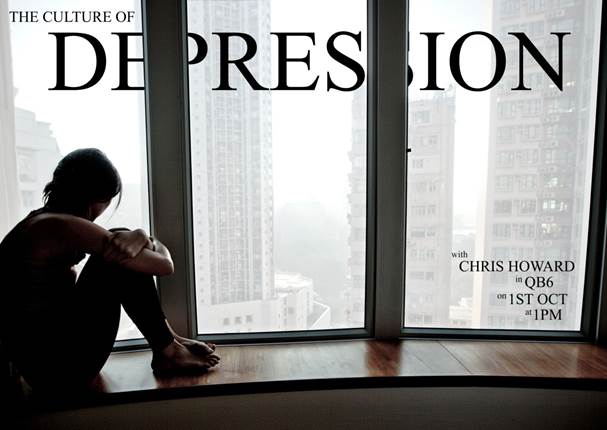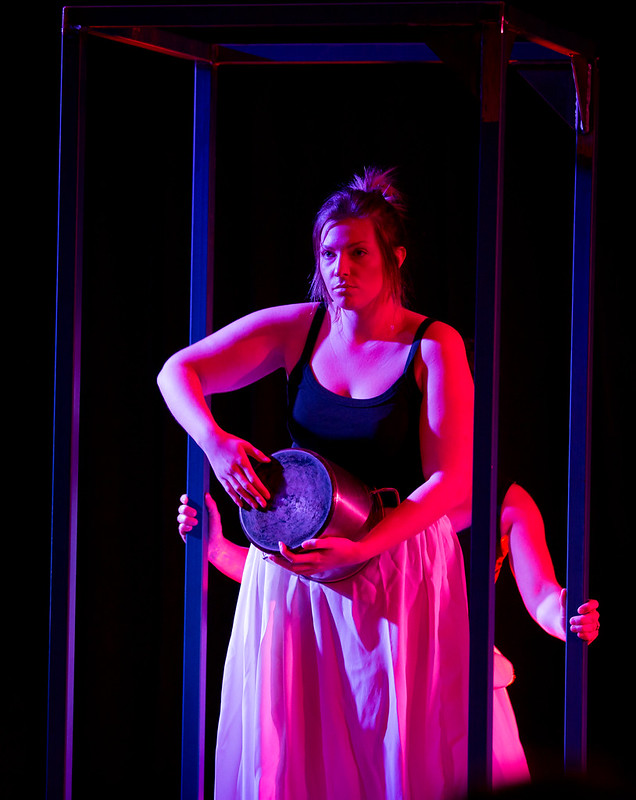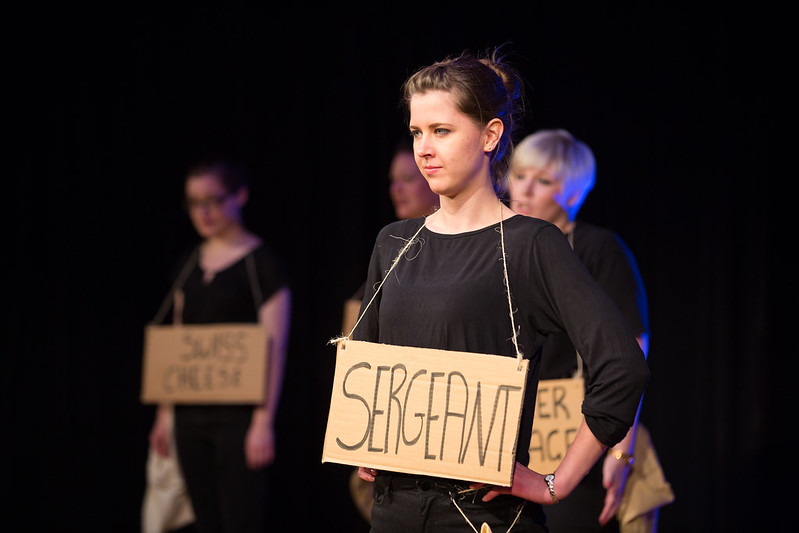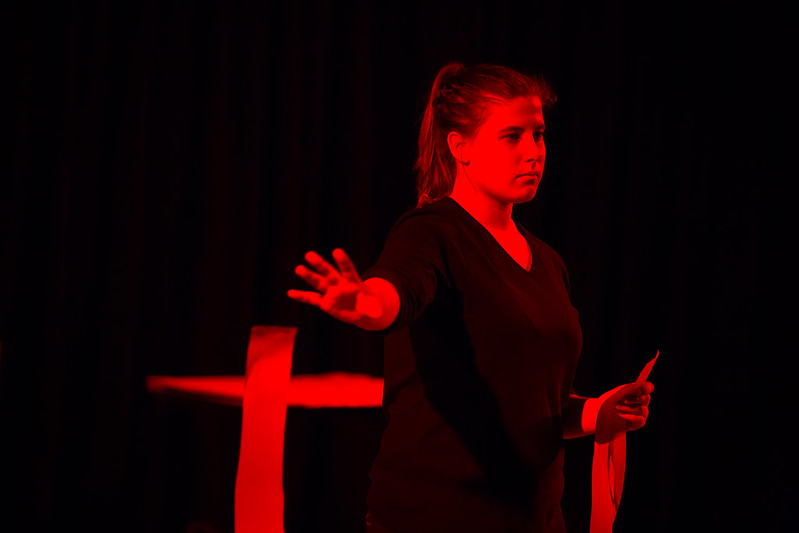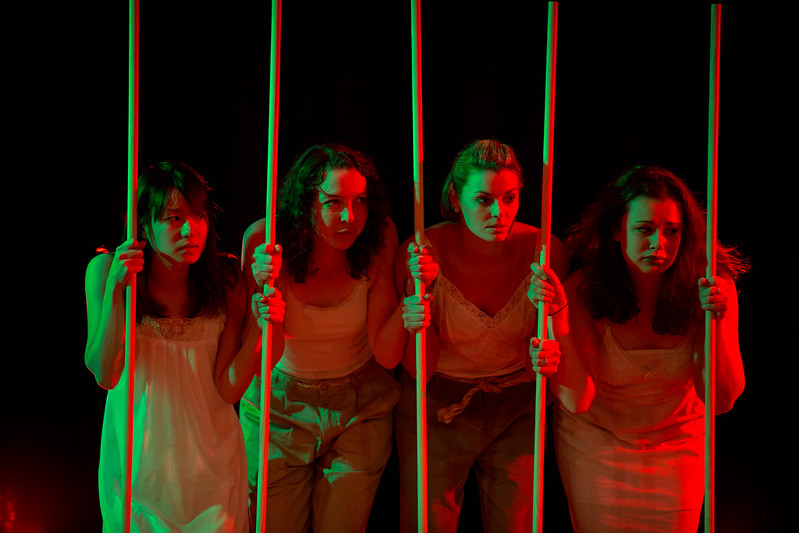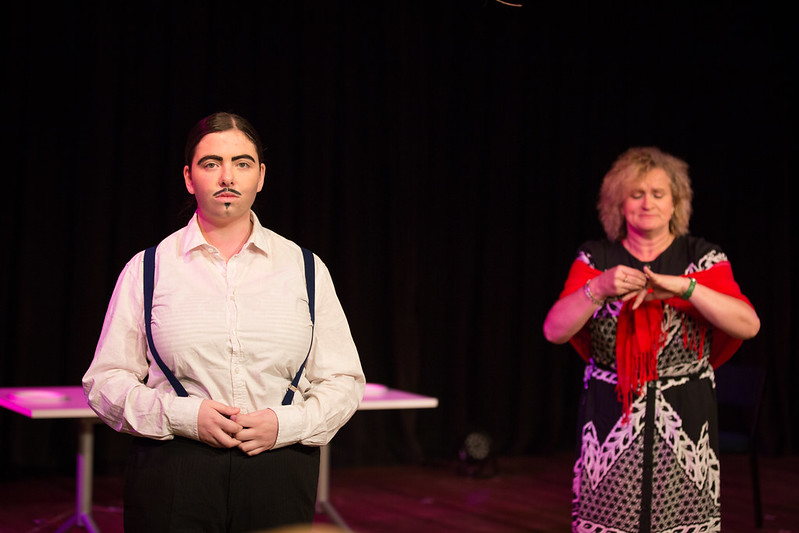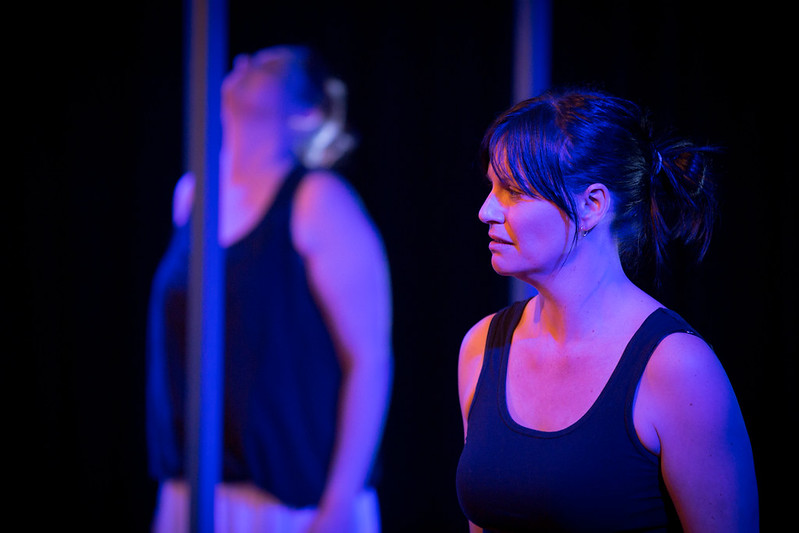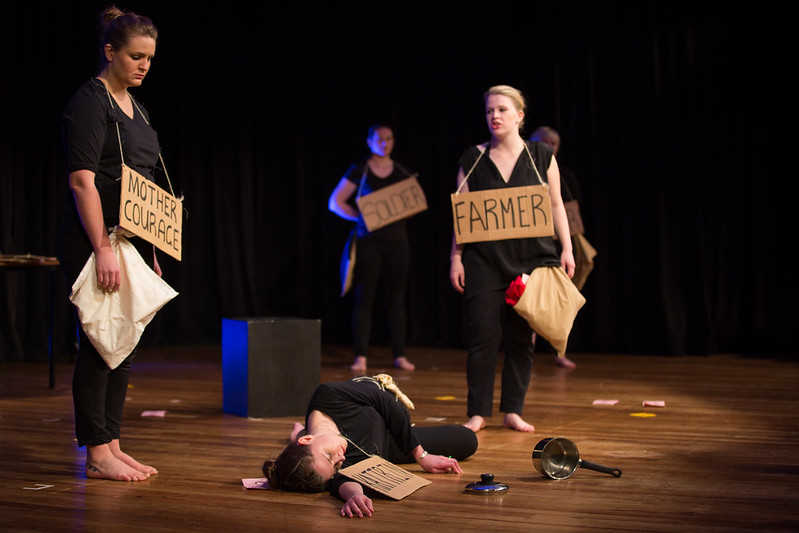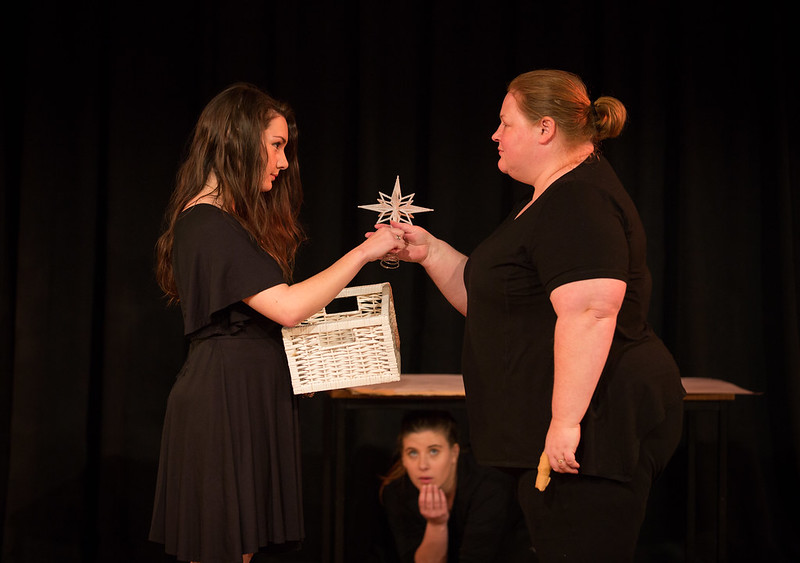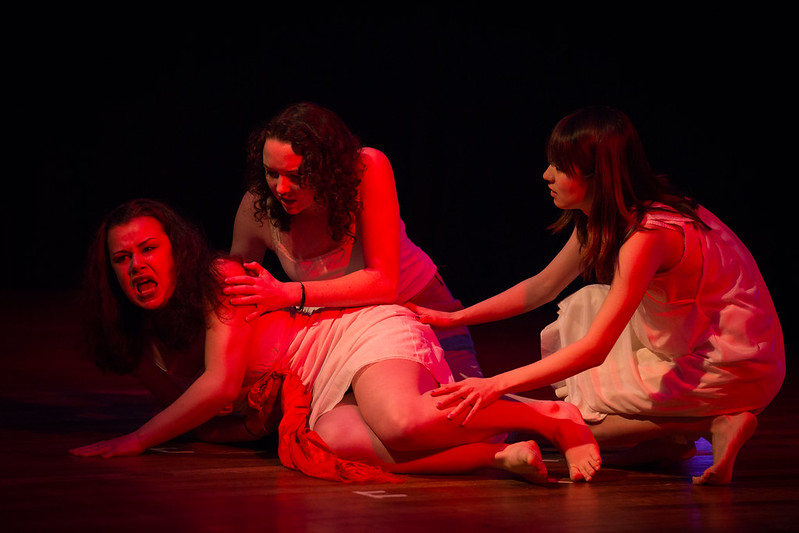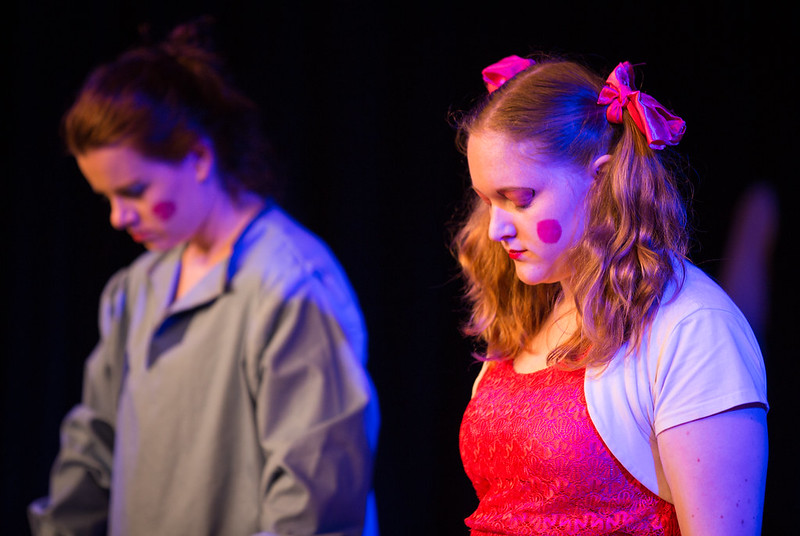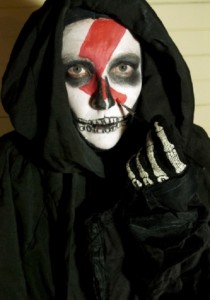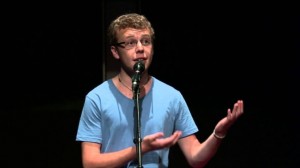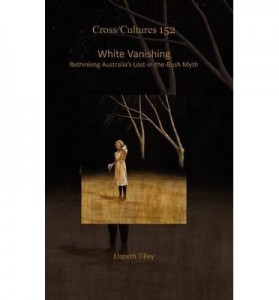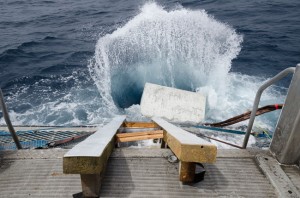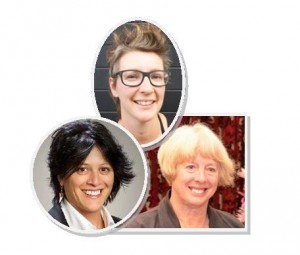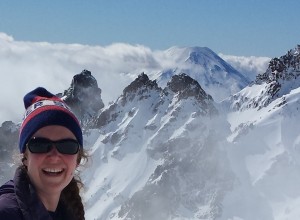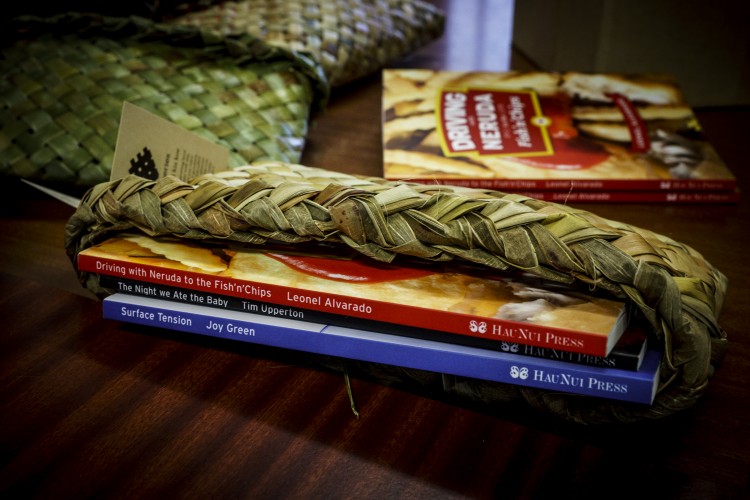
Oscar Kightley as Harry Anglesea in the 2013 TV3 crime drama ‘Harry’.
Six English & Media Studies researchers took advantage of the Winter teaching break to present their research at key international conferences from Oslo to Australia last month, on topics ranging from Facebook to forgiveness.
Dr Brian McDonnell presented a paper to the New Zealand Studies Association’s “Across the Pacific” conference in Oslo. The theme of the conference was New Zealand and the Pacific, and Dr McDonnell presented on “Harry: New Zealand’s First Polynesian-centred Television Crime Drama”. His talk analysed the TV show Harry, directed by Chris Dudman and broadcast as 6 1-hour episodes by TV3 in 2013. It featured Oscar Kightley as the eponymous Harry Anglesea, a tough detective with the Major Crimes Unit in South Auckland, as well as Sam Neill as Major Crimes Unit boss Jim ‘Stocks’ Stockton. Dr McDonnell spoke about the genre links between this show and well-known overseas examples, such as Cracker, Prime Suspect, Luther, Forbrydelsen (Danish: The Killing), The Wire, Wallander and Underbelly. He explored the genesis of Harry, especially the role of its creator and producer Steve O’Meagher, and how it broke new ground by having a Samoan protagonist.
Dr Sy Taffel presented a paper called Antisocial|Asocial|Associations: Mapping the Social in Social Media to the Australia and New Zealand Communication Association conference in Melbourne. The paper, which is being published in the peer reviewed conference proceedings, argued that media have always been social structures, so queried what’s new and different about the types of social connection made by social media? Dr Taffel used a unique combination of political economy, software studies and actor network theory approaches to answer this question, and argued that each approach reveals overlapping ways in which social media commodify and monetise social ties such as community and friendship. A particular focus was on Facebook, which famously claims in numerous marketing materials to be making the Web more ‘social’. Dr Taffel challenged the assumed meaning of the ‘social’ in ‘social media’, exploring existing definitions of the terms alongside the range of online content the term is understood to refer to.
Dr Allen Meek presented a paper to the ‘Future of Past: Representing the Holocaust, Genocide and Mass Trauma in the 21st Century’ Conference in Melbourne. The title of the paper was “Media, Trauma and Biopolitics”. Dr Meek argued that modern biopolitics, which attempts to control society at the level of biological life, provides an important perspective for understanding trauma as a model for extreme historical events. He explored the idea that while the Holocaust is commonly understood as a trauma for modern society, this can stop us from being able to see Nazi racial politics as an extreme version of something intrinsic to modern forms of power.
Dr Kim Worthington presented a paper at the Australasian Association of Literature ‘Literature and Affect’ Conference in Melbourne entitled “Confronting a forgotten past: Shame, guilt and blame in Jaspreet Singh’s Helium”. In interpreting Singh’s haunting 2013 novel, Dr Worthington’s paper engaged with the philosophical work of Paul Ricouer, whom she argued understands remembering and forgetting as not simply involuntary processes, but as ones that are often consciously willed and manipulated for political purposes. Her paper explored the complex relationships between memory and forgetting and the emotions of shame, guilt and blame. “Inevitably,” Dr Worthington said, “this also involves questions about the (im)possibility of reconciliation and forgiveness in both personal and national contexts.” The paper argued that what is needed for forgiveness and healing in dealing with historial trauma is more than a rational assessment of past (inherited) crimes: an emotional confrontation is also necessary, and Singh’s work suggests literature can provide this.
Dr Kevin Glynn presented a co-authored paper at the Institute of Australian Geographers/NZ Geographical Society Joint Conference held in Melbourne. Written with Julie Cupples of the University of Edinburgh, the paper was entitled ‘Reframing Indigeneity: The Difference an Indigenous Broadcaster Makes.’ It explored two incidents: police “terror raids” on Tuhoe in Te Urewera in 2007, and controversies over public pronouncements by Air New Zealand in 2013 about a company policy that prohibits employment of people with ta moko. Using these case studies to look at the differences between mainstream and Maori Television Service coverage, the paper argued that both events revealed contestation between competing visions of national identity, belonging and participation. While mainstream media trafficked heavily in racialised discourses of terror and securitisation in relation to the Urewera raids, Maori Television coverage drew upon grassroots counterdiscourses and counterknowledges that depicted the situation in the Ureweras very differently. By the time of the Air New Zealand controversy, Maori Television had developed around itself an active participatory culture of digitally engaged audiences making avid use of Twitter, Facebook and YouTube. The paper explored the forms of indigenous citizenship active within this new media environment to assess the contribution an indigenous broadcaster can make to challenging the epistemic violence inflicted through colonisation upon indigenous ways of knowing and being.
Dr Philip Steer presented a sole-authored conference paper at the ‘Prosaic Imaginary: Novels and the Everyday, 1750-2000’ conference hosted by the Novel Studies research cluster at the University of Sydney. Entitled “Strategic Banality: The Work of the Prosaic in Novels of Early Settlement,” Dr Steer’s paper explored the generic instability of the early colonial Australian novel, specifically its tendency to veer from narrating the vicissitudes of settler life to detailing agricultural production and other concerns more commonly associated with political economy. He argued that the strategic assertion of colonial banality across a range of registers functioned to assert the Britishness of Australian settlement. That is, if the colony’s suitability for the British subject was most immediately conveyed through the portrayal of characters’ achievement of a settled, rural lifestyle, this was complemented at a societal level by the statistical assertion of the colonial capacity for steady, regular economic production. Paradoxically, therefore, asserting the prosaic nature of settlement can be seen as one of the most audacious and wide-ranging strategies of the colonial novel.
